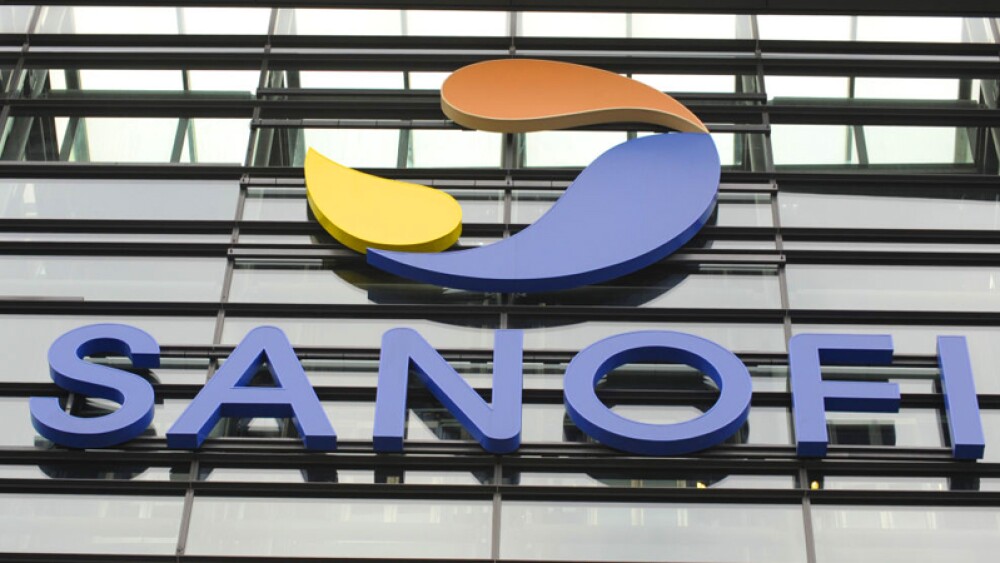June 14, 2017
By Mark Terry, BioSpace.com Breaking News Staff
Paris-based Sanofi ’s executive vice president of global industrial affairs, Philippe Luscan, told reporters yesterday that the company plans to invest $673 million annually over the next two to three years in biologics production.
Biologics development differs from traditional drug development because it involves genetically-engineered proteins derived from living cells, typically using human genes. Broadly, it refers to antibodies, interleukins and vaccines.
In March 2017, the U.S. Food and Drug Administration (FDA) approved Sanofi and Regeneron Pharmaceuticals ’ Dupixent (dupilumab) for adults with moderate-to-severe eczema (atopic dermatitis). Dupixent is a biologic, an antibody that binds to a protein called interleukin-4 (IL-4) receptor alpha subunit (IL-4Ra) that causes inflammation. The compound inhibits the inflammatory response.
Dupixent has a list price of $37,000 for a year’s treatment.
Luscan indicated that the new investments will join the 3.3 billion euros Sanofi already spent over the last five years in this area. The overall investment in production has been about 4.7 billion euros, emphasizing the importance of biologics development.
Earlier this year, the company and Lonza, a Swiss manufacturer, announced plans to spend 270 million euros by 2020 on building a large-scale biologics facility to manufacture monoclonal antibodies. “In 2012, 43 percent of our pipeline was made of biologics,” Luscan told reporters. “The figure stood at around 60 percent in 2016 and in 2020, it will increase even more.”
EvaluatePharma indicates that traditional drugs account for about 70 percent of the top 100 medications marketed globally prior to 2010, but that by 2022 that will slip to 50 percent, as biologics become a larger part of the market.
Reuters, however, notes that, “Such projections do not automatically translate into higher volume sales for drugmakers because of a high potential for production problems and patent disputes in a competitive segment of the industry. In addition, the U.S. Supreme Court cut the time it will take for copycat versions of biologic drugs to get to the market in a pivotal ruling on Monday.”
A copycat, or generic version, of a biologic is known as a biosimilar. Fairly new to the market, especially in the U.S., seemingly all biosimilars are met with patent infringement lawsuits by the holder of the original patent in an effort to put off generic competition.
Sanofi is not the only company to emphasize biologics. Switzerland-based Roche , the parent company of Genentech , announced in February that it plans to expand its biologics manufacturing capacity. At the same time, it indicated it was in the process of downsizing its small molecule network.
Roche didn’t disclose what its manufacturing capacity was, but it is generally believed to be the largest in the industry. That network included manufacturing sites in Basel/Kaiseraugst, Switzerland, and Pensberg and Mannheim, Germany. Genentech has facilities in San Francisco, Oceanside, and Vacaville, California, Hillsboro, Oregon, and a site in Singapore. Its Japanese subsidiary, Chugai Pharmaceuticals, has 49,000 liters of capacity in Tokyo.
That scale up has been ongoing since at least 2013, when Roche invested $804 million in its in-house biologics manufacturing network. And in 2015, it had reported it was increasing capacity by another 40 percent. Daniel O’Day, the chief executive officer of Roche Pharmaceuticals, in February said that it planned to continue investing in its manufacturing capacity because it is “essential to the growth of [its] medicines in the future, most of which are biologics.”





